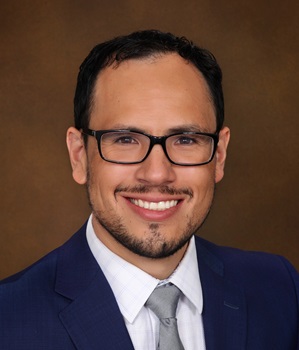Welcome to the Idrovo Lab

Juan-Pablo Idrovo, MD
Associate Professor of Surgery and Critical Care
Division of GI, Trauma, and Endocrine Surgery
Research Interests
Dr. Juan-Pablo Idrovo focuses on the intersection of trauma, aging, and surgery, with an emphasis on mitochondrial dysfunction and hepatic injury following acute stressors such as burns and ischemia-reperfusion. His research seeks to elucidate molecular mechanisms and identify therapeutic targets to improve outcomes in critically ill and aging populations.
Active Research Projects
Aging, Burn Trauma, and Liver Damage
This NIH-funded project investigates the role of methylation-controlled J protein (MCJ) in regulating mitochondrial metabolism in hepatocytes following burn injuries in aged mice. Using advanced transcriptomics and metabolomics approaches, the study explores mitochondrial dysfunction as a central mechanism contributing to hepatic and systemic injury in elderly populations, aiming to identify therapeutic interventions that target MCJ to mitigate organ damage and improve recovery.
Hepatic Pathways in Burn-Induced Multi-Organ Dysfunction (Pending NIH R01 funding)
This project examines how altered hepatic fatty acid oxidation impacts the progression of multi-organ dysfunction after burn injuries. Using a murine burn model and human patient data, the study seeks to map the metabolic and inflammatory pathways driving organ failure, with a focus on translational relevance to clinical management strategies.
The Gastrostomy Tube Guardian (GTG)
Supported by the State of Colorado Advanced Industry Accelerator, this project focuses on finalizing the prototyping and commercialization of the GTG, a device aimed at improving safety and reducing complications associated with gastrostomy tubes. The project also includes an FDA regulatory strategy and clinical development plan to advance the GTG to market readiness.
Targeting Hepatic Mitochondrial Dysfunction After Acute Stressors
This study evaluates silencing MCJ to protect against burn-induced hepatic mitochondrial dysfunction. Combining in vitro models with aged murine studies, the project aims to develop a novel therapeutic strategy targeting mitochondrial health in trauma patients.
Publications
Loading items....